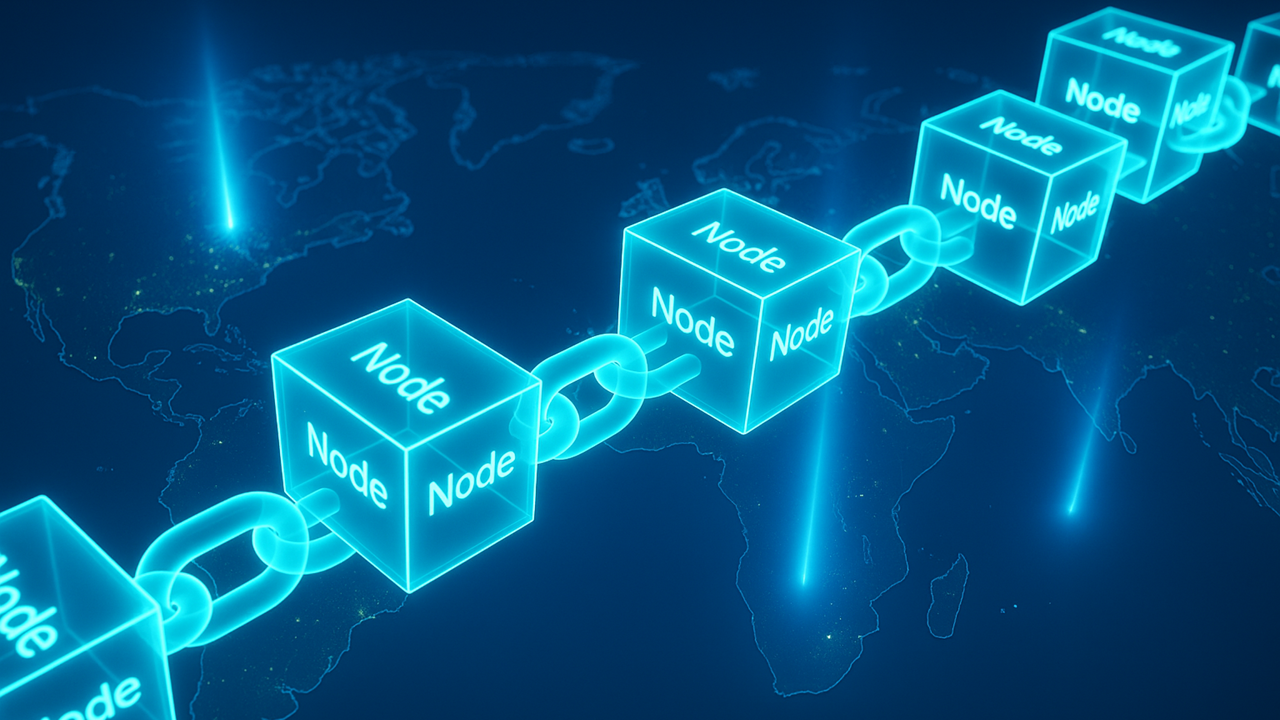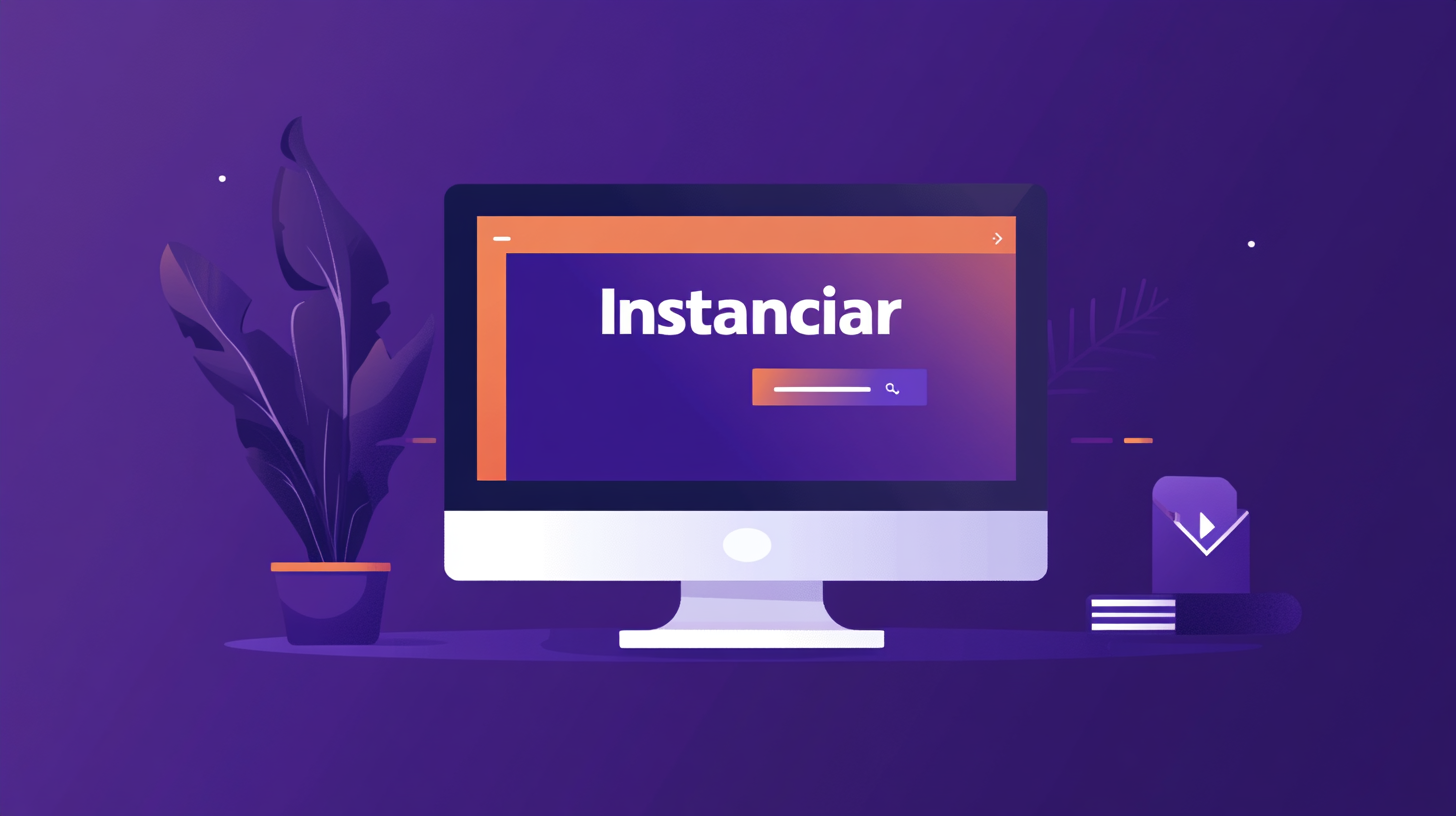How to Work Remotely While Traveling the World
Working from a Caribbean balcony at sunrise sounds idyllic—until a shaky internet connection torpedoes your client call and immigration officers question your “tourist” status at month three. The modern digital‑nomad lifestyle can be liberating, profitable, and culturally rich, but only when built on sound logistics and disciplined routines. Millions now enjoy permanent location independence, yet most started with the same questions: Which visa fits my income? Where will I find reliable Wi‑Fi? How can I stay healthy and solvent far from home?
This guide answers those questions in detail. Drawing on best‑practice research, firsthand case studies, and seasoned nomad wisdom, it lays out a repeatable framework that turns wanderlust into a sustainable career path. Expect actionable checklists, cost benchmarks, and realistic pitfalls—plus the mindset shifts that separate long‑term success from a short‑lived gap‑year fantasy.
Table of Contents
Visas & Legal Foundations
Visa strategy is the first domino; misjudge it and everything else tumbles. More than 60 countries now issue digital‑nomad visas—long‑stay permits designed for foreign remote workers earning abroad [1]. They beat perpetual tourist hops for three reasons: legal clarity, stable residence (often 12 months or more), and access to local services such as SIM cards and bank accounts.
How to choose the right visa
Income fit. Each programme sets a monthly income floor. Croatia asks for about €2 300, Portugal roughly four times its minimum wage, while Thailand’s LTR demands US $80 000 annual salary or substantial assets [2]. Start by matching your current earnings to a visa’s threshold.
Tax treatment. Spain caps income tax at 20 % for the first five years; Croatia exempts foreign income completely. Compare net take‑home, not just gross salary.
Renewability and pathway. If you crave a multi‑year base, prioritize visas with extensions or residency routes (Portugal’s D8 can lead to permanent residency after five years).
Processing time. Consulates in smaller markets may process applications in as little as four weeks; others, especially during holiday seasons, can take three months. File early to avoid awkward visa gaps.
| Programme | Income Proof | Tax on Foreign Income | Initial Length |
| Spain Startup Visa | €2 334 / month | 20 % flat for 5 yrs | 12 months |
| Portugal D8 | 4× min-wage | Possible 10-yr relief | 12 months |
| Croatia DN Permit | €2 300 / month OR €27 600 savings | 0 % | 12 months |
| Georgia Remotely | US $2 000 / month | 0 % ≤ 183 days | 12 months |
Table 1. Snapshot of popular digital‑nomad visas (2025)
Apply early. Embassy queues swell before summer seasons, and missing a slot may strand you in visa‑run limbo. Keep notarised diplomas, bank statements, and police‑clearance certificates scanned in cloud storage; most consulates require digital uploads before an in‑person visit. Keep a second “easy entry” country—Georgia, Mexico, or Malaysia, for example—on standby. If paperwork delays your primary application, you still have a legal haven to work from without stress.
Creating a Dependable Work Environment
Coworking: your productivity anchor
A well‑chosen coworking space delivers more than Wi‑Fi. For US $120–250 a month (Bangkok sits on the low end, Lisbon on the high), you receive fibre connections, ergonomic chairs, sound‑proof call booths, 24 / 7 key‑card entry, and—often overlooked—community lunches that spawn collaborations [3]. Tour at least two spaces on a day pass. Speed‑test in peak hours, sit for an hour to gauge noise, and ask staff about backup generators; tropical power cuts can break a launch deadline.
Layered connectivity
Coworking fails? Your next line is a local SIM (20 GB \≈ US $25 in Mexico, Vietnam, or Turkey [4]). Unlock tethering on your phone or drop the SIM into a portable hotspot. Still stuck? Global eSIMs like Airalo bridge border hops until you buy local data. Finally, pre‑install a trustworthy VPN plus a rotating residential proxy or mobile proxy for services that block foreign IPs [5]. This three‑layer strategy has saved many a product demo.
Hardware & Ergonomics
Pack light, but intelligently: a 20 000 mAh power bank, collapsible laptop stand, Bluetooth keyboard, and foam roller for tight travel muscles cost you three kilos yet prevent repetitive‑strain misery. Back up files nightly to encrypted cloud storage; stolen gear hurts less when yesterday’s code lives safely online.
Each element—space, internet, hardware—forms a redundancy chain. Break one link, and another holds. Build it before emergencies, not during them.
Budgeting & Cost Control on the Road
A remote salary buys radically different lifestyles depending on latitude. Geo‑arbitrage—earning in dollars, spending in pesos or baht—amplifies savings. Start with a realistic baseline.
In Chiang Mai, a modern studio costs about US $500, daily meals $10, and a scooter rental $90. In Lisbon, triple the rent, double the food, and add €40 monthly metro pass. Compile three‑month spending logs to reveal leaks: grab‑and‑go coffees, frequent ride‑shares, or un‑used software subscriptions.
Slow travel slashes costs further. Booking Airbnb for 30 + days often triggers 30 – 50 % discounts. Airlines reward one‑way savers: fewer flights means fewer bag fees, fewer airport taxis, and less schedule chaos. Veteran nomads time moves to shoulder seasons—April or October—when flights dip and crowds thin.
Emergency funds remain non‑negotiable. Stash three months’ expenses in an online savings account plus $200 cash and a backup card hidden in luggage. When an ATM eats your primary card at 9 p.m., future‑you will applaud present‑you.
Managing Money Like a Mobile CFO
Multi‑currency banking
Open two fee‑free global accounts (Wise, Charles Schwab) and two travel credit cards. When one platform flags an overseas login, the other keeps you solvent. Withdraw cash in larger chunks to minimise per‑use fees, then store it in hostel lockers or apartment safes.
Automate wealth building
Remote freedom loses gloss if retirement looms unfunded. Automate monthly transfers—10 % into broad‑market ETFs, 5 % into higher‑yield alternatives such as peer‑to‑peer real‑estate notes returning ≈ 10 % [7]. Compound interest cares little whether you reside in Kansas or Koh Phangan.
Insurance & security
Health emergencies abroad can cost more than a year of rent. Nomad‑specific policies (SafetyWing \≈ US $45 per four weeks) combine global medical cover, evacuation, and minimal‑frills baggage protection [8]. Add an electronics rider if your laptop exceeds the standard cap. Enable two‑factor authentication everywhere; public hostel Wi‑Fi breeds credential thieves.
Tax compliance ties everything together. U.S. citizens can exclude up to US $126,500 foreign earnings under FEIE if outside the States 330 days [6]; other passports apply 183‑day rules. Hire an expat‑savvy accountant your first year—penalties dwarf the fee.
Productivity Systems for Constant Motion
New surroundings inspire creativity but shred routines. The antidote is deliberate rhythm.
Morning rituals anchor the day: ten push‑ups, pour coffee, scan calendar, set top three tasks. Whether sunrise breaks over Medellín mountains or Baltic rooftops, the sequence tells your brain, Work starts now. Cluster deep‑work blocks—90‑minute sprints—before lunch, when willpower peaks and coworking chatter is low.
Meetings can wreck time‑zones; batch them into two afternoons weekly. Record Loom updates for asynchronous clarity; reserve live calls for strategy. Travel days are black holes—never promise deliverables within 24 hours of a flight. Instead, queue offline tasks (reading briefs, drafting code) for airport layovers.
When novelty fatigue hits, deploy the 3‑city loop: revisit a familiar base every six months to recharge friendships and routines. Productivity climbs as decision fatigue drops—no hunting for laundromats or SIM counters.
Health, Wellness & Work‑Life Balance
Airports, late nights, and unfamiliar food test resilience. Start with the basics: eight hours’ sleep, two litres of water, thirty minutes’ movement. Many Asian cities offer quality gyms for under $40 a month; Europe’s parks suffice for body‑weight circuits. Carry resistance bands—light, yet powerful for travel strength routines.
Nutrition takes intention. Buy breakfast staples (oats, fruit, eggs) at local markets; cooking even two meals daily trims sodium, sugar, and expense. Explore street food, but obey the crowd rule: busy stalls cycle ingredients faster, lowering food‑poison risk.
Mental health is equally fragile. Loneliness spikes around month four when novelty fades and friends swap cities. Combat it by joining language classes, volunteering weekly, or co‑living houses where residents share dinners. Schedule Sunday calls home; familiar voices ground wandering minds. Remember to log off entirely one day a week—no Slack, no Notion—letting the locale sink in.
Building Durable Remote Income
Relying on one employer magnifies visa or economy shocks. Diversification is resilience.
Core expertise pays the rent. Developers, marketers, and designers secure retainers via Toptal or direct outreach. Show clients previous remote deliverables; they care about reliability, not your latitude.
Secondary gigs smooth cash flow. Teach English on iTalki in off‑peak hours, label AI datasets on Appen, or sell Notion templates. Even $300 extra covers coworking or travel insurance.
Long‑term assets build freedom. Write an e‑book about your niche, launch a micro‑SaaS, or invest dividends into broad ETFs. One Jivaro interviewee earns US $27 000 monthly from 12 streams, none exceeding 30 % of total [10]. Start small—first dollar matters more than perfect funnel.
Remember: building income diversity is iterative. Add one stream per quarter; review after six months and prune low‑return efforts.
Check out our very own recommended work from home platforms here.
Final Thoughts & First Action Steps
Working while roaming is part art, part operations manual. You have now traced that manual: secure the right visa, engineer redundant connectivity, budget with geo‑arbitrage, automate finance, guard health, and stack multiple incomes. Execute one step per week. Week 1: shortlist visas and download required forms. Week 2: open a multi‑currency account and order a fee‑free card. Week 3: schedule coworking tours in your target city. Momentum compounds—soon your “someday” plan becomes a booked flight.
Pack curiosity, discipline, and a willingness to iterate. The road will still throw storms and border delays, but with systems in place, you will meet them as temporary setbacks, not trip‑enders. Tighten your laptop screws, update your VPN, and take the leap—the world’s biggest lessons await outside the office walls.
References
Citizen Remote. “73 Digital Nomad Visa Countries in 2025.”
GetGoldenVisa. “Digital Nomad Visas: Which Countries Offer?”
The Tutor Resource. “15 Coworking Space Benefits for Digital Nomads.”
Numbeo Cost‑of‑Living Index, 2025 dataset.
Jivaro. “The Best, Affordable Proxy Providers.”
Wise. “Multi‑Currency Account Fees & Limits,” product sheet 2024.
Groundfloor Investor Returns Report, 2024.
SafetyWing. “Remote Health Insurance Plan.”
Habitgrowth. “How to Stay Productive as a Digital Nomad.”
Jivaro. “How Much I Actually Make Working Remotely.”
Ask ChatGPT
About the Author
Harry Negron is the CEO of Jivaro, a writer, and an entrepreneur with a strong foundation in science and technology. He holds a B.S. in Microbiology and Mathematics and a Ph.D. in Biomedical Sciences, with a focus on genetics and neuroscience. He has a track record of innovative projects, from building free apps to launching a top-ranked torrent search engine. His content spans finance, science, health, gaming, and technology. Originally from Puerto Rico and based in Japan since 2018, he leverages his diverse background to share insights and tools aimed at helping others.

































